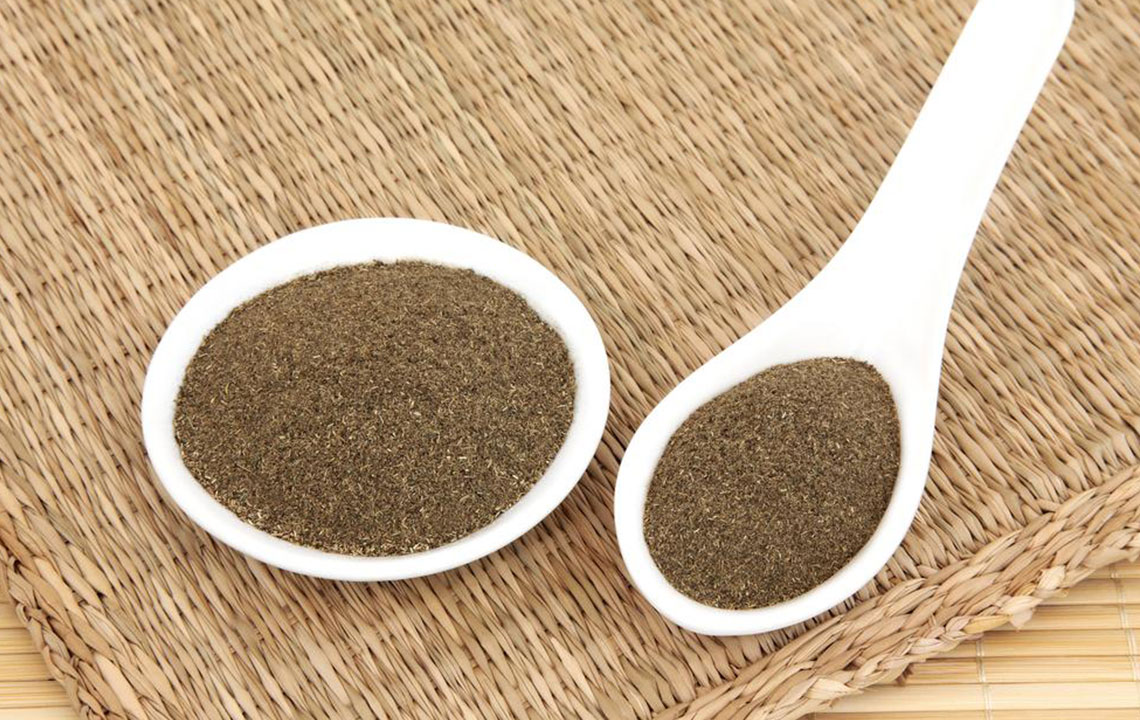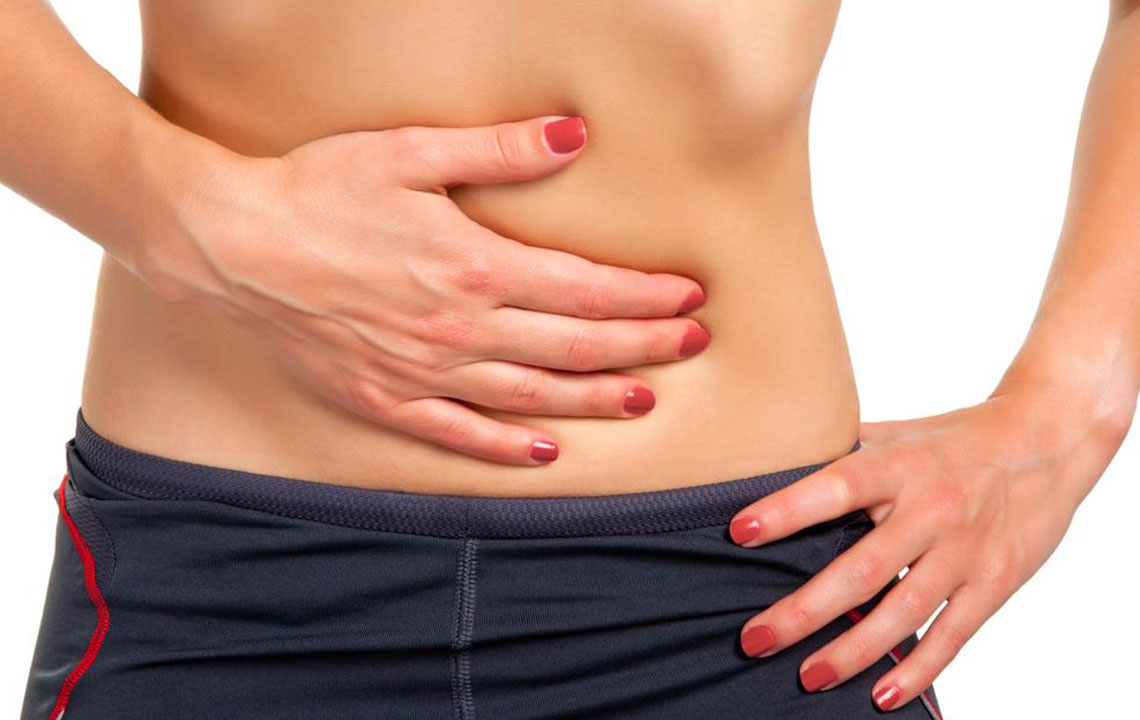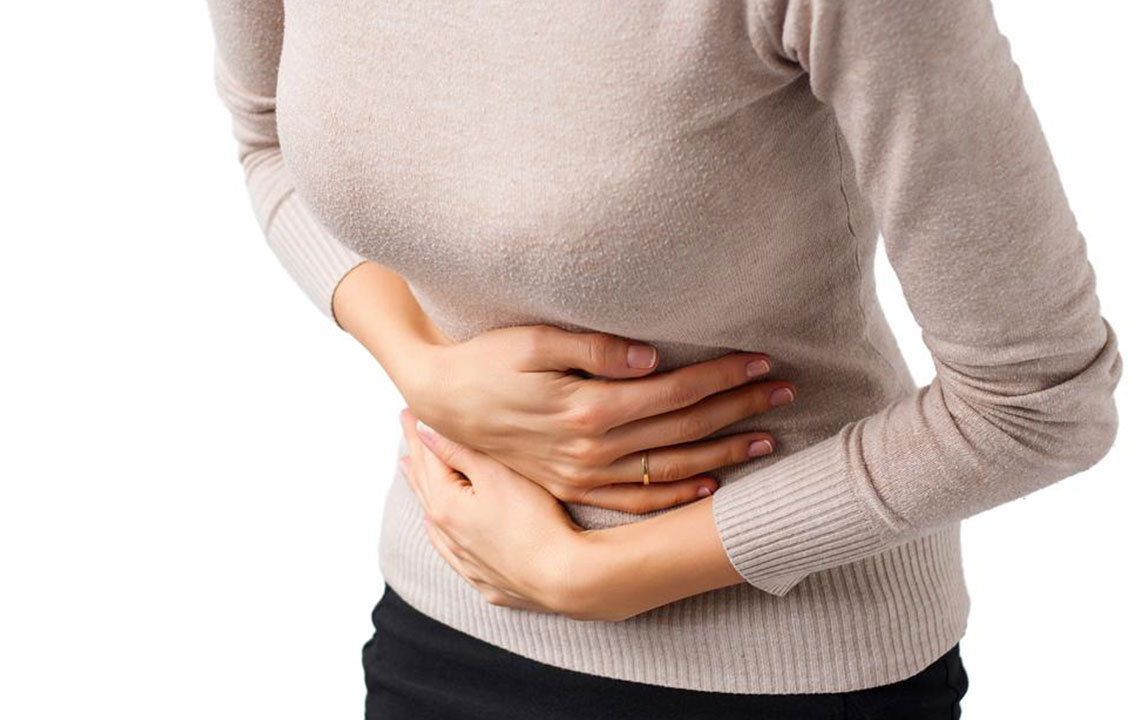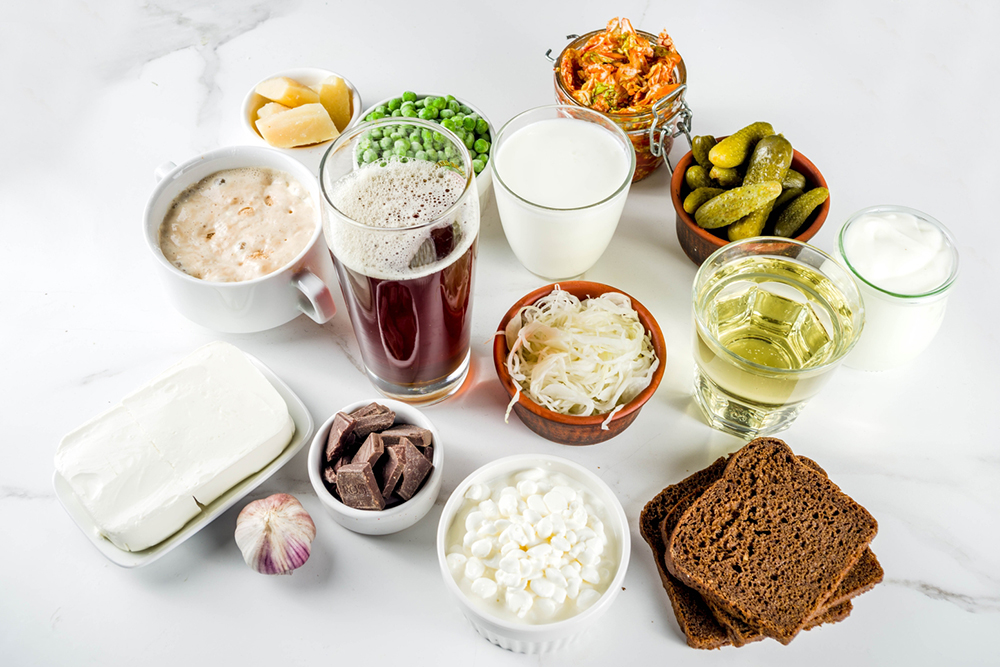Top Strategies to Alleviate Abdominal Bloating
Discover effective methods to reduce abdominal bloating, including dietary adjustments, lifestyle changes, and natural remedies. Learn how to identify triggers, manage food sensitivities, and improve digestion for better comfort and well-being.
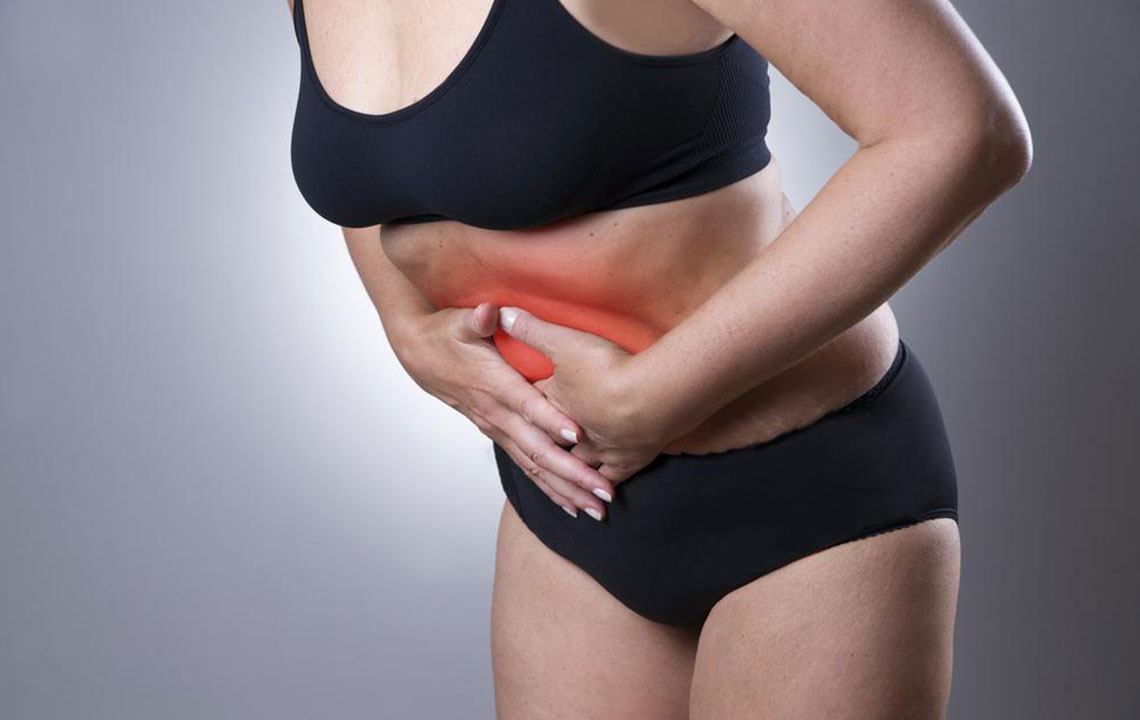
Top Strategies to Alleviate Abdominal Bloating
Experiencing abdominal bloating can cause significant discomfort, often characterized by a feeling of fullness, tightness, and swelling in the stomach area. This condition is commonly linked to air or gas buildup within the gastrointestinal (GI) tract. Symptoms such as pain, excessive gas, belching, and stomach rumbling frequently accompany bloating, impacting daily life. Common causes include swallowing air, eating rapidly, food intolerances, digestive disorders like IBS or Crohn’s disease, hormonal changes, stress, and lifestyle factors such as smoking or weight gain.
Seeking relief from bloating? Consider these practical tips:
Identify and avoid food sensitivities and allergies
Many individuals experience bloating due to food intolerances. Consult a healthcare professional to accurately identify trigger foods. Self-diagnosis can lead to health risks. If dairy products cause issues, opt for yogurts and aged cheeses with lower lactose. Adjusting your diet accordingly can reduce bloating.
Limit intake of sugar alcohols
Artificial sweeteners in processed foods and drinks often contain sugar alcohols, which can cause bloating. Moderating consumption to 2-3 servings daily can help minimize discomfort.
Prevent constipation
Constipation contributes significantly to bloating. Increase your fiber intake (men 38g, women 25g daily) through nuts, seeds, legumes, fruits, and vegetables. Drink 6-8 glasses of water daily, and aim for at least 30 minutes of physical activity each day to promote digestion.
Monitor blood sodium levels
Processed and canned foods often contain high sodium, leading to water retention and bloating. Read labels carefully and limit daily sodium intake to 1,500-2,300 mg to help reduce puffiness.
Incorporate probiotics into your diet
Probiotics support healthy gut bacteria, aiding digestion and reducing bloating caused by digestive issues like IBS or fiber intolerance. Supplements or probiotic-rich foods can be beneficial.
Use simethicone-based products
These medications help break down gas bubbles in the intestines, easing bloating. Follow manufacturer instructions and avoid long-term use without medical advice.
Eat smaller, more frequent meals
Instead of three large meals, opt for five or six smaller ones daily to prevent overloading the digestive system. This practice can also stabilize blood sugar and reduce cravings.
Reduce gum chewing
Chewing gum causes you to swallow excess air, leading to bloat. Substitute with healthy snacks like fruits or vegetables, or enjoy a hard candy instead.
Regular exercise not only helps shed abdominal fat but also improves overall digestive health, offering further relief from bloating.


